Will I ever learn?
sherryocala
12 years ago
Featured Answer
Sort by:Oldest
Comments (43)
rosefolly
12 years agolast modified: 9 years agosherryocala
12 years agolast modified: 9 years agoRelated Discussions
I purchased two six packs of slicing cucumbers from HD this year.
Comments (5)nanelle temps are expected be 102-109 all week and for the next 4+ months just more of the same. Most seedlings do not handle that kind of heat very well. Jean,rhizo,calliopeoth my wife and I tried one and it was not to bad. We both prefer the dark green smooth skin slicer varieties though. They may be a little bland but they are great in cucumber salads with balsamic dressing. Also good in chutneys and fresh cucumber salsa. These plants are very healthy and productive though and its to late to plant anything else so I guess we will give them a try. As far as the labels go. I too would have to say I have seen customers pull them and not care which pack or pot they return them too. Not really HD's fault or any of the big box stores fault but it sure is frustrating....See MorePruning Primers
Comments (14)Well, well, well: It's pouring rain outside, and I'm sitting at my laptop, following threads and links and blogs by rosarians we all know and love, when suddenly I find myself reading exactly the information I started this thread by asking for. How 'bout them apples??? "The Rose Pruning Project: 4000 roses in 80 days!" was written last season by Gregg Lowery, and I think if you are contemplating the start of your own pruning ritual or ordeal or adventure or whatever, you might want to give his input a read. As is the way with blogs, you will have to scroll backwards through the entries to the beginning of the project, but....you will be rewarded. Here is a link that might be useful: Rose Pruning Project...See MoreAmerican Lady or Painted Lady?
Comments (20)This girl wanted badly to get out, I didn't know, and I think that's what attracted the PL's in the first place that day. That's the day I saw a PL trying to fly with a Monarch two times, I think they were influenced by the Monarch 'in distress' in the enclosure. The top of the enclosure is the same aluminum screening as the sides and is see-through like the sides. I let her out after taking photos. I put this enclosure together quickly after my first pupae was killed by a wasp in mid-pupation. I DON'T recommend putting the metal stakes on the inside of the screening as I did. I'll put the stakes on the outside of the mesh next year. The caterpillars like to hang from the metal stakes for some reason, and I had to keep shade over the rails all during the hot summer or they would have fried from the heat of the hot metal....See MoreMel's Mix in containers, 4 years later, WWYD?
Comments (7)I am new to this forum and the sq ft gardening plan. The question I have after reading Mels sq ft gardening is how long does the mix last. I understand that you add compost each year, but does the mix ever need replacing? I noticed kristimama that you say you have worms in your mix in an above ground planter with plywood bottom. I wonder how the worms could get there? Seems like they would have to come from the ground or maybe from you compost? This was what I was wondering about the boxes you set on the ground without the bottom. If the worms get in the mix, having a heavy clay soil, do the worms degrade the mix by bringing in clay. I know it is recommended to use a weed fabric to stop the weeds, but it would eventually go away. I live in Iowa, so if the worms somehow got in before the weed fabric rotted away, I believe they would freeze in the winter....See Moregardennatlanta
12 years agolast modified: 9 years agogreybird
12 years agolast modified: 9 years agostrawchicago z5
12 years agolast modified: 9 years agomendocino_rose
12 years agolast modified: 9 years agoamberroses
12 years agolast modified: 9 years agojaspermplants
12 years agolast modified: 9 years agoroseseek
12 years agolast modified: 9 years agomichaelg
12 years agolast modified: 9 years agoKrista_5NY
12 years agolast modified: 9 years agostrawchicago z5
12 years agolast modified: 9 years agostrawchicago z5
12 years agolast modified: 9 years agojaspermplants
12 years agolast modified: 9 years agosammy zone 7 Tulsa
12 years agolast modified: 9 years agoroseseek
12 years agolast modified: 9 years agosherryocala
12 years agolast modified: 9 years agosherryocala
12 years agolast modified: 9 years agoorganicgardendreams
12 years agolast modified: 9 years agosherryocala
12 years agolast modified: 9 years agomichaelg
12 years agolast modified: 9 years agoimagardener2
12 years agolast modified: 9 years agosherryocala
12 years agolast modified: 9 years agoamberroses
12 years agolast modified: 9 years agosherryocala
12 years agolast modified: 9 years agosherryocala
12 years agolast modified: 9 years agokristin_flower
12 years agolast modified: 9 years agomichaelg
12 years agolast modified: 9 years agosherryocala
12 years agolast modified: 9 years agofloridarosez9 Morgan
12 years agolast modified: 9 years agosherryocala
12 years agolast modified: 9 years agozeffyrose
12 years agolast modified: 9 years agoharborrose_pnw
12 years agolast modified: 9 years agofloridarosez9 Morgan
12 years agolast modified: 9 years agobuford
12 years agolast modified: 9 years agosherryocala
12 years agolast modified: 9 years agobuford
12 years agolast modified: 9 years agoprofessorroush
12 years agolast modified: 9 years agosandy808
12 years agolast modified: 9 years agoraingreen
7 years agoUser
7 years agoraingreen
7 years ago
Related Stories

DECORATING GUIDES10 Design Tips Learned From the Worst Advice Ever
If these Houzzers’ tales don’t bolster the courage of your design convictions, nothing will
Full Story
FUN HOUZZEverything I Need to Know About Decorating I Learned from Downton Abbey
Mind your manors with these 10 decorating tips from the PBS series, returning on January 5
Full Story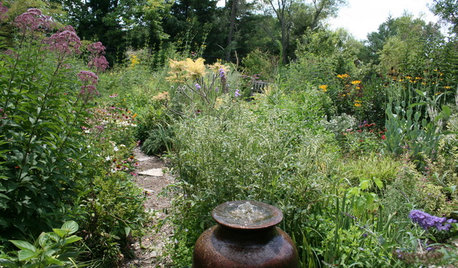
GARDENING GUIDESHow I Learned to Be an Imperfect Gardener
Letting go can lead to a deeper level of gardening and a richer relationship with the landscape. Here's how one nature lover did it
Full Story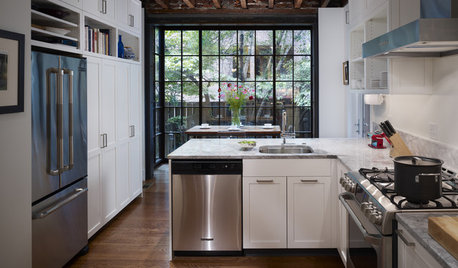
FEEL-GOOD HOME12 Very Useful Things I've Learned From Designers
These simple ideas can make life at home more efficient and enjoyable
Full Story
DECORATING GUIDESThe Dumbest Decorating Decisions I’ve Ever Made
Caution: Do not try these at home
Full Story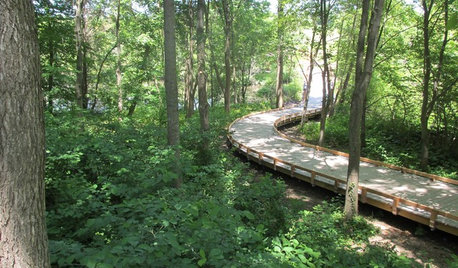
INSPIRING GARDENSWhat We Can Learn From Longwood Gardens’ New Meadow
Sustainability, ecology, native plant communities ... this public garden is brimming with lessons on horticulture for home gardeners
Full Story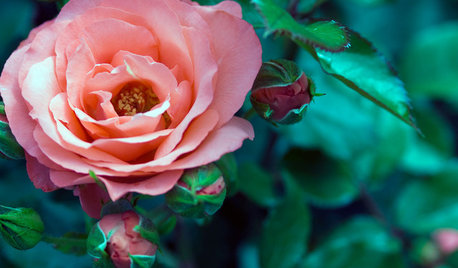
GARDENING GUIDESLearn the Secret to Bigger and Better Roses
Grow beautiful roses using both ordinary and unusual soil amendments
Full Story
ARCHITECTURELearn the Language of Trusses in Design
If figuring out all those intersecting beam configurations under roofs makes your eyes cross, here's help
Full Story





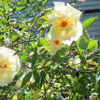

User